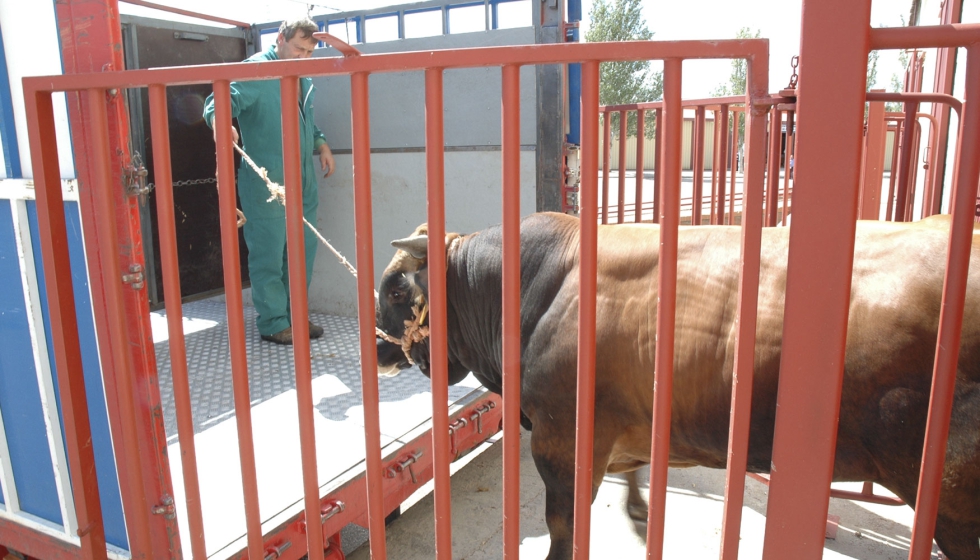Analysis of legislative challenges
ASAJA’s position addresses a complex dilemma: how to balance progress in animal welfare and sustainability with the need to maintain a competitive and economically viable livestock industry. As the EU moves towards stricter animal welfare regulations, ASAJA highlights the importance of considering all aspects of these decisions, finding solutions that benefit both animals and producers. In this context, the future of Spanish and European livestock farming depends on finding a delicate balance between ethics, science and economics.
At the heart of the Spanish and European livestock industry, an important debate is taking place. Recent EU regulations focused on improving animal welfare and updating transport standards have raised significant concerns among farmers and livestock farmers. The Agrarian Association of Young Farmers (ASAJA), led by Pedro Barrato, is at the center of the dispute, defending the interests of a sector vital to the Spanish economy.
The rules proposed by the European Commission attempt to modernize animal transport practices while considering scientific advances and citizens’ ethical concerns. Measures include reduction of travel times, increasing space available for animals and restrictions during extreme weather conditions. In addition, greater digital monitoring and controls on exports outside the EU are promoted, ensuring compliance with these rules.
Livestock transport vehicle.
In ASAJA’s opinion, these measures, although well-intentioned, may have adverse consequences for the national livestock industry. The OPA argues that the restrictions imposed do not apply to countries outside the EU, allowing production to be shifted to areas with more lax regulations. This not only threatens the competitiveness of the sector, but could also increase external food dependence.
ASAJA highlights the importance of careful analysis of these rules, advocating for decisions based on science and regional reality. OPA recognizes farmers’ commitment to sustainability and animal welfare, but emphasizes that these objectives must be achieved gradually and realistically.
economic impact
ASAJA’s concerns extend to the economic impact of these regulations. Drastic changes in farm size and transportation regulations can increase production costs, affecting food prices and the economic viability of farms. ASAJA highlights the need for a balance between sustainable practices and the ability to maintain fair prices for consumers.
animal welfare law
A key point for ASAJA is animal welfare legislation, particularly in relation to the transport of animals. Proposed regulations, such as limits on temperature and cage size, could significantly limit the ability of livestock farmers to transport animals, which would have a direct impact on logistics and costs. These measures may also affect the size of livestock farms, which will have an immediate impact on sectors such as poultry, rabbits, pigs and cattle.
Voice of logic and science
ASAJA proposes a more balanced approach based on science and field reality. The organization advocates for decision-making that consider not only animal welfare, but also the sustainability and economic viability of the livestock industry. OPA emphasizes the importance of avoiding impulsive decisions and focusing on rigorous analysis of the impacts of these policies.
Related companies or institutions
Asja, SL (middle) – Agricultural Union – Young Farmers

